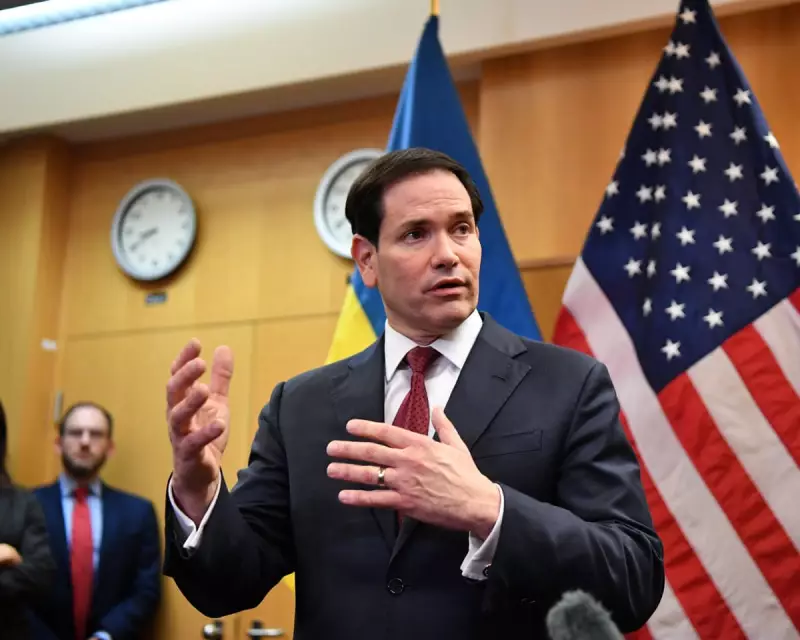
A Controversial US Proposal for Ukraine
The international community was met with a sense of grim familiarity last week as details of a new US-led peace proposal for Ukraine emerged. The 28-point plan, reportedly drafted by Donald Trump's envoy Steve Witkoff and Kremlin adviser Kirill Dmitriev, appeared to heavily favour Russian interests, effectively repackaging Vladimir Putin's maximalist demands.
This development followed a pattern of the Trump administration engaging directly with Moscow while excluding Kyiv and its European allies from critical discussions. The US president publicly scolded Volodymyr Zelenskyy for a perceived lack of gratitude, leaving Ukrainian and European leaders scrambling to contain the diplomatic fallout.
European Powers Step In to Bolster Ukraine
Following a meeting in Geneva between US Secretary of State Marco Rubio and a Ukrainian delegation, a salvage operation appears to have gained some traction. Mr Rubio suggested that a more refined framework was now under development, seemingly acknowledging the fundamental problems with the initial proposal.
The original plan, premised on Ukraine ceding additional territory in the Donbas region, accepting restrictions on its sovereignty, and agreeing to drastic limits on its future army, was deemed entirely unacceptable to Kyiv. As Ukraine's president wearily restated, "The crux of the entire diplomatic situation is that it was Russia, and only Russia, that started this war, and it is Russia, and only Russia, that has been refusing to end it."
The Path to a Just and Sustainable Peace
In response to these developments, European leaders are asserting their role in the peace process. Europe is now bearing the bulk of the cost of Ukraine's continued resistance and is using its collective influence to furnish Mr Zelenskyy with stronger negotiating cards.
A key element of this strategy involves the EU reaching an agreement on a substantial €140bn "reparations loan" to Kyiv, which would be underwritten by frozen Russian assets. This financial support, combined with continued arms supplies and greater economic pressure on Russia, is designed to alter the Kremlin's calculations and genuinely bring Mr Putin to the negotiating table.
This approach, which focuses on strengthening Ukraine's hand rather than forcing a form of capitulation, is widely seen as the only viable path to achieving a just and sustainable peace. With signs that the Kremlin is preparing to reject any modifications to the initial plan, European leaders are now focused on shaping facts on the ground to counter attempts to broker a peace solely on Moscow's terms.





